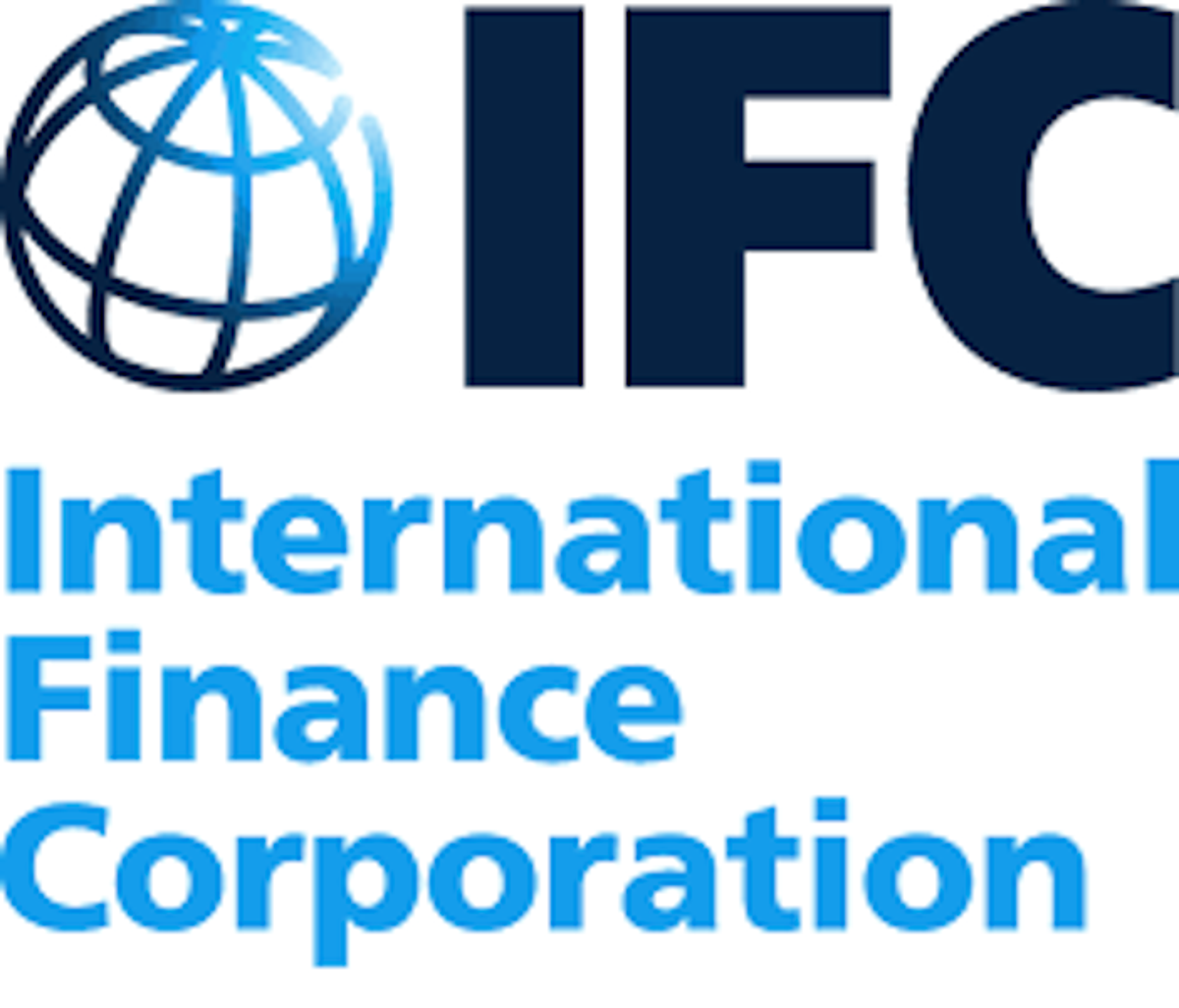
The International Finance Corporation (IFC), a member of the World Bank Group, is said to have called for reforms in the main sectors of the Nigerian economy to augment local and foreign investments as well as create more employment opportunities.
This was disclosed in a newly launched report entitled ‘Nigeria: Country Private Sector Diagnostic (CPSD).’
The newly launched CPSD report which was part of the corporation’s economy recovery efforts post-COVID-19, proposed strategies that would usher in opportunities and profitable investments to the private sector.
The report of the International Finance Corporation (IFC), identified manufacturing, agribusiness, and digital entrepreneurship, amongst others, as the country’s only rescue option post-COVID-19.
It highlighted that with market accessibility to other member countries of the Economic Community of West African States (ECOWAS), private investors stand to gain hugely from Nigeria’s extensive agricultural and mineral resources, young and entrepreneurial labour force and its strategic position in Africa.
However, the corporation, exhorts the FG to address the issue of deficit in infrastructure and investment policies, in order to make the sector more attractive.
Eme Essien Lore, the IFC Country Manager for Nigeria, further said, ‘Nigeria’s private sector is among the largest in Africa and plays a critical role providing goods, services, and quality jobs to the country’s growing population.’
‘Addressing the challenges holding back Nigeria’s private sector – challenges deepened by the COVID-19 pandemic -will be critical to the country’s goal of lifting 100 million Nigerians out of poverty by 2030.’
She further stated that, ‘Through the CPSD, IFC, and the World Bank, (we) have identified policy actions and interventions that can help unlock investments and jobs.’
However, the report also revealed that targeted investments in agribusiness could directly benefit Nigeria’s poorest households and help boost food security.
The report noted, ‘Reforms in manufacturing could support and facilitate investments in the sector, boost quality local production and exports. The benefits to Nigeria of fully harnessing the digital economy are significant and would likely accelerate the pace and inclusiveness of economic activity in the country.’
Shubham Chaudhuri, World Bank Country Director for Nigeria, also said that ‘Nigeria’s Private Sector Diagnostic provides a road map to support the government in undertaking reforms that will help increase private sector investment and diversify the country’s oil-dependent economy.’
It was also made known that IFC and the World Bank have published a COVID-19 Rapid Assessment alongside the Nigeria CPSD.
The assessment gives stakeholders insight to speed-up Nigeria’s recovery from the effect of the pandemic.

